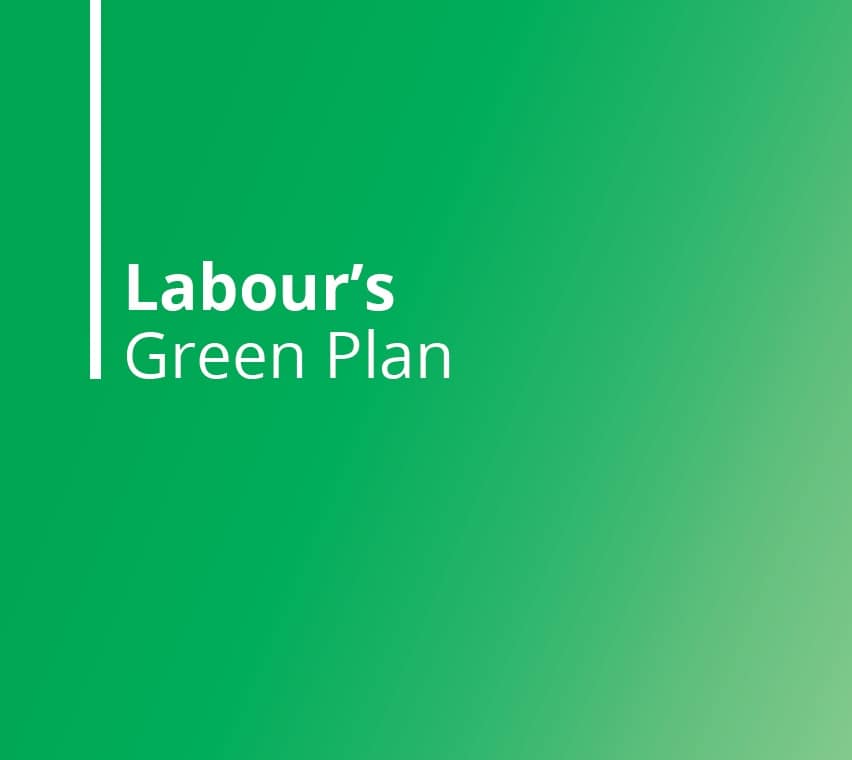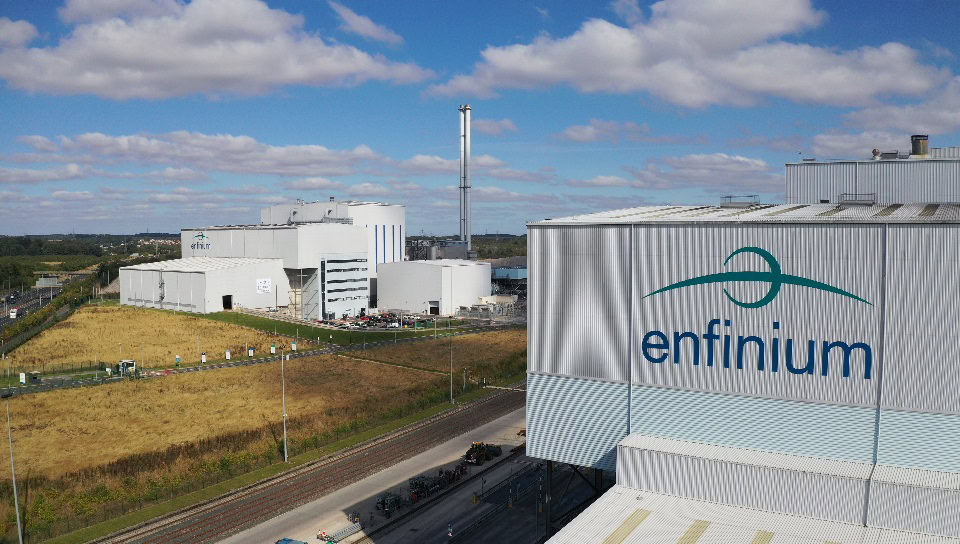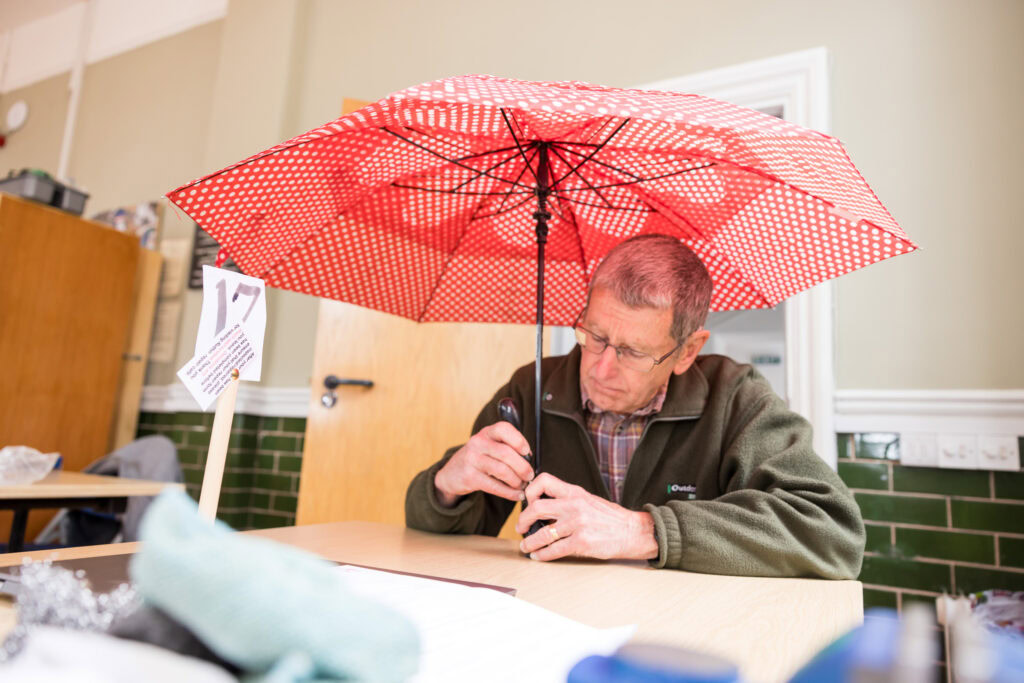Highlighting “volatile” raw materials prices and the need to support domestic recycling and remanufacturing, Labour said the review would be led by the Treasury to “galvanise real action across Whitehall, business and local government”.

The policy commitment is set out in Labour’s Green Plan, launched today (April 20), which expands on the Party’s election manifesto launched last week (see letsrecycle.com story) and again pledges to create one million green jobs, setting a target date of doing this by 2025.
According to the Green Plan, Labour’s approach to resource security “will create confidence in the long-term demand for recycled material, encouraging more investment, boosting growth and high-skilled jobs and improving resource security. Action on resource security will also deliver the stability we need across our economy be reducing our exposure to volatile raw materials prices”.
The Green Plan adds: “There are also wider opportunities to create jobs in Britain by using all our resources more efficiently and recycling waste at home rather than exporting it abroad. There is already a growing industry in re-manufacturing. It provides jobs in every region, and for every skill level.”
Labour also sets out a plan to establish a new National Infrastructure Commission to monitor the government goals to “increase resource and energy efficiency” and “reduce emissions across the economy”.
[testimonial id = “217” align=”right”]
The Party says it wants to make Britain a “world leader in green technology and innovation over the next decade” and to deliver this will “develop an active industrial strategy for the green economy provide the Green Investment Bank with borrowing powers as soon as possible so that it can invest in green businesses and technology”.
The Green Plan sets out policies to support ‘community energy’, such as enabling individuals and communities to “invest in clean energy and other low-carbon technologies through new green bonds”.
It also reiterates Labour’s commitment to set a legally-binding target to decarbonise the UK electricity supply by 2030, and claims that both the Conservative Party and the Liberal Democrats blocked such a target in the last parliament, adding that the Conservative manifesto “explicitly rules out any targets”.
According to the Green Plan, Labour’s mooted decarbonisation target will mean that “most new generation through the 2020s will be low carbon”.
Elsewhere, the Green Plan states that Labour will maintain current protections for the Greenbelt but “respect local decision making over greenbelt configuration and introduce a strengthened ‘brownfield first’ policy making sure that as much building as possible takes place on previously developed land”.
The document also seeks to highlight the previous Labour government’s environmental achievements, lauding the 2008 Climate Change Act to reduce carbon emissions as well as the doubling of renewable energy generation under its administration.

However, with a commitment to a “Stern-style” resource security review previously alluded to by Labour last year, there are few new policy revelations in the Green Plan and no mention of whether the Party would support an Office for Resource Management (ORM) within government – a policy called for last month by the All-Party Parliamentary Sustainable Resource Group (see letsrecycle.com story).
Labour’s Shadow Secretary of State for Energy and Climate Change, Caroline Flint MP, said: “The last Labour government was the first in the world to put carbon reduction targets into law, spurring investment and creating markets for thousands of British companies. The next Labour government will commit Britain to decarbonising our electricity supply by 2030 to give business certainty to invest so we can create a million green jobs over the next decade and invest in green technology and green infrastructure to power Britain’s economy forward into the future.”
Publishing its manifesto last week, the Conservative Party said the Coalition had been “the greenest government ever” and pledged to cut carbon emission in the most ‘cost effective way’ (see letsrecycle.com story).








Subscribe for free